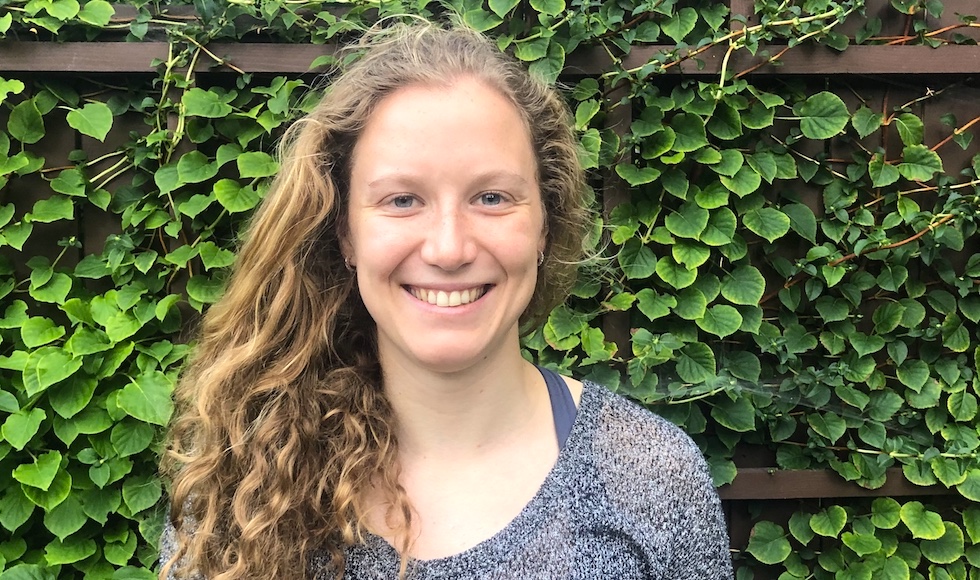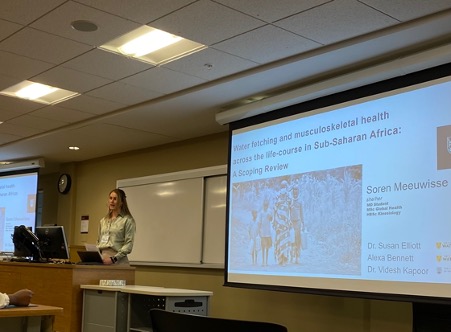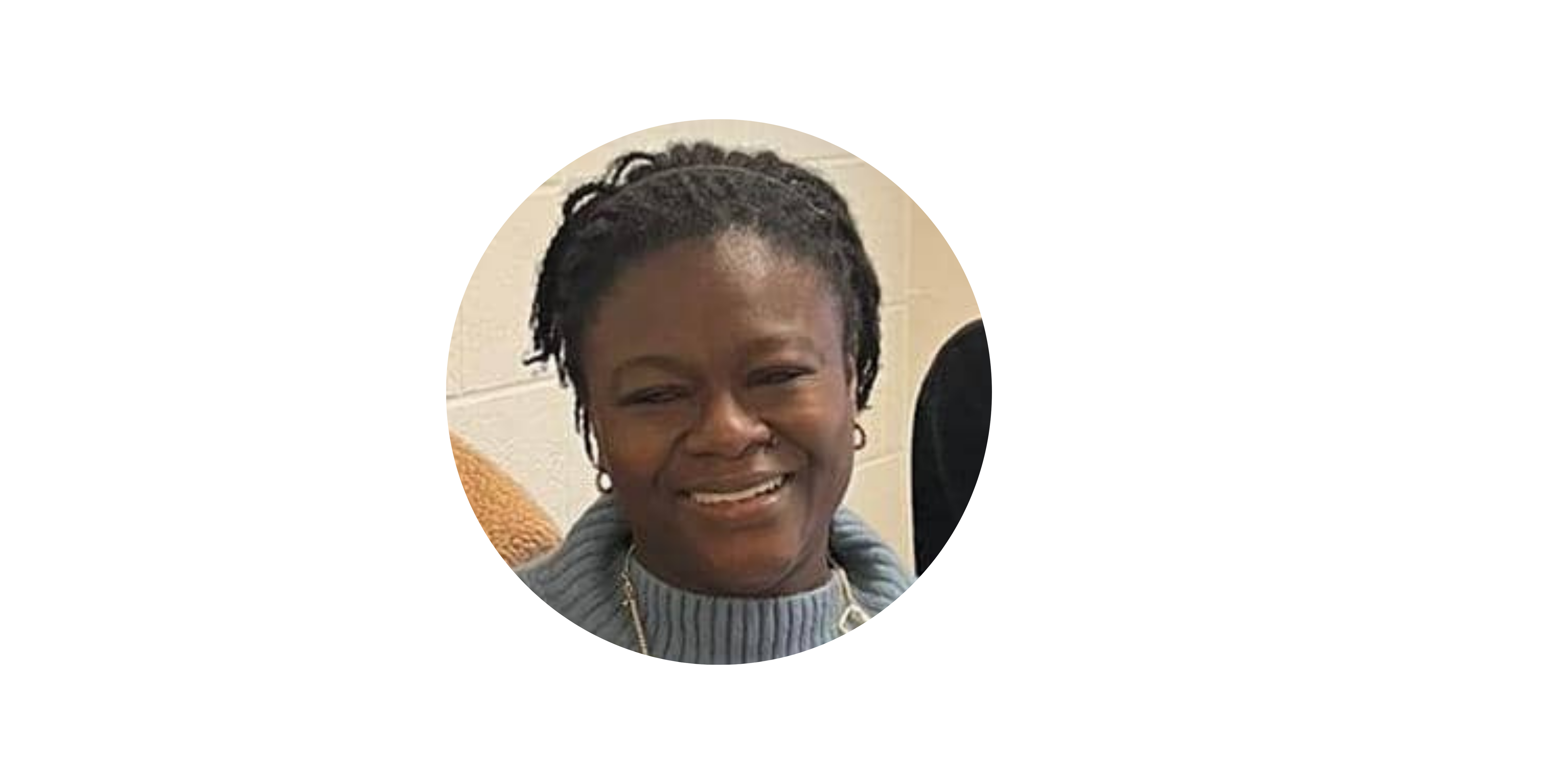“I want to bridge the gap between sciences and humanities to tackle climate change”

Amelia Boughn chose McMaster for global health because of the transdisciplinary nature of the program, which brings together faculties of social sciences, health sciences, business and humanities, and links with institutions across multiple continents.
The MSc Global Health student, who grew up in Toronto, studied human biology, health and society at Cornell University in the United States before moving to the University of British Colombia to focus on history.
“Coming from a history background, I wanted to bridge the gap between sciences and humanities by looking at the intersection of social, political, spiritual, and scientific aspects of health,” explains Boughn. “We all have a role to play in global health.”
Through the MSc Global Health, Boughn hopes to apply her knowledge and experience as she learns more about issues including climate change and inequalities – global goals that form the United Nations’ 2030 Agenda for Sustainable Development.
“Climate change is the most critical global health problem of the present and future, and it’s already impacting the health of populations, not just internationally, but within Canada as well,” says Boughn. “Studying history encouraged me to unpack narratives of the past and present, to think about whose voices have been amplified and whose are silenced, and to consider the ways in which our complex past has shaped the world we live in today.”
The MSc Global Health program tackles climate change by focusing on some of the populations most impacted by it, specifically Indigenous and migrant communities living in Arctic regions. Boughn hopes to take advantage of McMaster’s partnership with the University of South-Eastern Norway (USN), by going on exchange to USN to participate in their joint semester with McMaster: Global transitions within local communities. Small places, big changes.
“With climate change forcing more and more people from their homes, we must seek innovative solutions and make changes to our health care system to ensure we’re meeting the needs of all people – not just those who have historically received the best care,” she explains. “And I think that in order to find effective solutions to climate change and health, we need greater collaboration between the humanities and sciences, which this program encourages.”
Looking to the future, Boughn hopes the program will prepare her for a career that allows her to influence health systems change to address health care inequities globally.
Student and Alumni ProfilesRelated News
News Listing

A Journey from Research to Advocacy: Global Health Alumna’s Impact on Health Equity
Student and Alumni Profiles
October 17, 2024

“My work does not only come from a place of intellectual curiosity, but also shared grief”: Dr. Zoha Salam’s Journey as the Second Global Health Doctoral Program Graduate
Global Health News, Student and Alumni Profiles
June 20, 2024

PhD Student Tackling Intimate Partner Violence in Resource-Constrained Settings Receives an IDRC Doctoral Research Award
Student and Alumni Profiles
February 28, 2024
